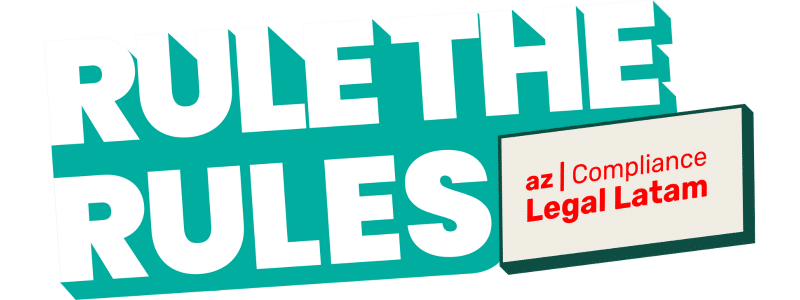In the context of the discussion of the bill that systematizes economic crimes, the so-called tax compliance has gained relevance, oriented to the compliance of taxpaying entities with the tax rules and the responsibilities derived from eventual irregularities.
In this sense, the proposal contemplates the incorporation to the catalog of crimes of Law No. 20.393, which establishes the criminal liability of legal entities, the crimes prescribed and punished by Article 97 of the Tax Code.
Although in the local reality it is not possible to speak properly of tax compliance, companies, in general, have mechanisms to comply with the obligations imposed by law and the Internal Revenue Service, in order to avoid penalties arising from non-compliance with regulations.
One of the obligations that is of great importance is the filing of the Sworn Statement No. 1929 on Foreign Operations (DJ No. 1929), whose deadline for filing is June 30 of this year.
They are obliged to comply with this declaration:
- Taxpayers domiciled or resident in Chile who make an investment or carry out operations abroad, or who obtain income from abroad.
- Permanent establishments in Chile of foreign entities or non-resident individuals who make an investment or carry out operations abroad, or whose income is attributable abroad.
The consequences for non-compliance with this obligation derive from the non-filing, delay or errors in the DJ N°1929, due to the provisions set forth in the Tax Code in its Title II, of infractions and penalties.
In the case of delay or omission, the fines for non-compliance may reach 10% of the taxes resulting from the assessment, if the delay is less than 5 months. If this period is exceeded, the fine is increased by 2% for each month or fraction of a month of delay with a maximum limit of 30% of the taxes due.
However, if the infraction is based on a maliciously incomplete or false declaration, the fines may vary from 50% to 300% of the value of the tax evaded, in addition to prison sentences ranging from 541 days to 5 years imprisonment. It is important to take into account that, in the latter case, both the taxpayer and its representatives and managers may be active subjects of the infraction.
Compliance with these obligations, together with the forthcoming incorporation of these offenses into the law on criminal liability of legal persons, poses new challenges in terms of regulatory compliance. This forces companies to adopt new conducts in their business behavior, raising compliance standards, depending on the risks they face.
The fact that Law No. 20,393 includes new crimes in its catalog implies an opportunity to strengthen the fight against corruption. In this sense, it is important to be aware of the criteria to be adopted in terms of crime prevention models, as this will contribute to prevent and reduce the commission of illegal acts and to promote a culture of ethics and compliance in the business environment.
Therefore, it is crucial that companies implement adequate compliance mechanisms that allow them to comply with their tax obligations, in order to prevent possible irregularities or non-compliance that may result in sanctions and legal and reputational liabilities.
Regulatory compliance and a proactive approach to tax compliance are essential to ensure the proper functioning of companies in the context of tax obligations and legal regulations in force.
For more information on these issues please contact the Compliance and Tax team:
Francisca Franzani | Compliance Group Director | ffranzani@az.cl
David Ancelovici | Director Tax Group | dancelovici@az.cl
Jaime Viveros | Associate | jviveros@az.cl




